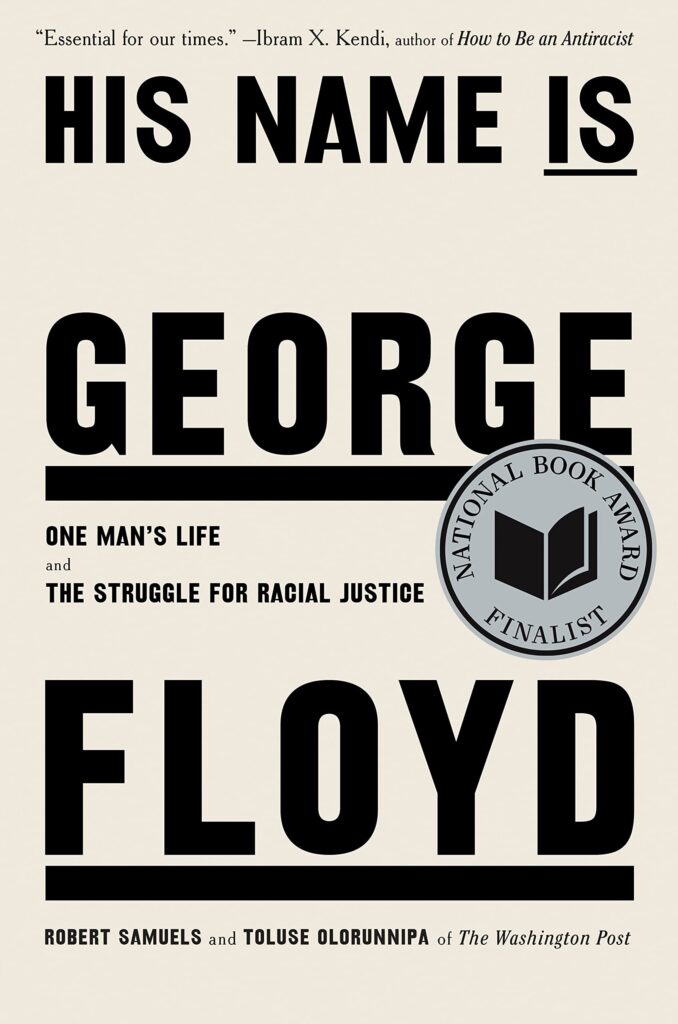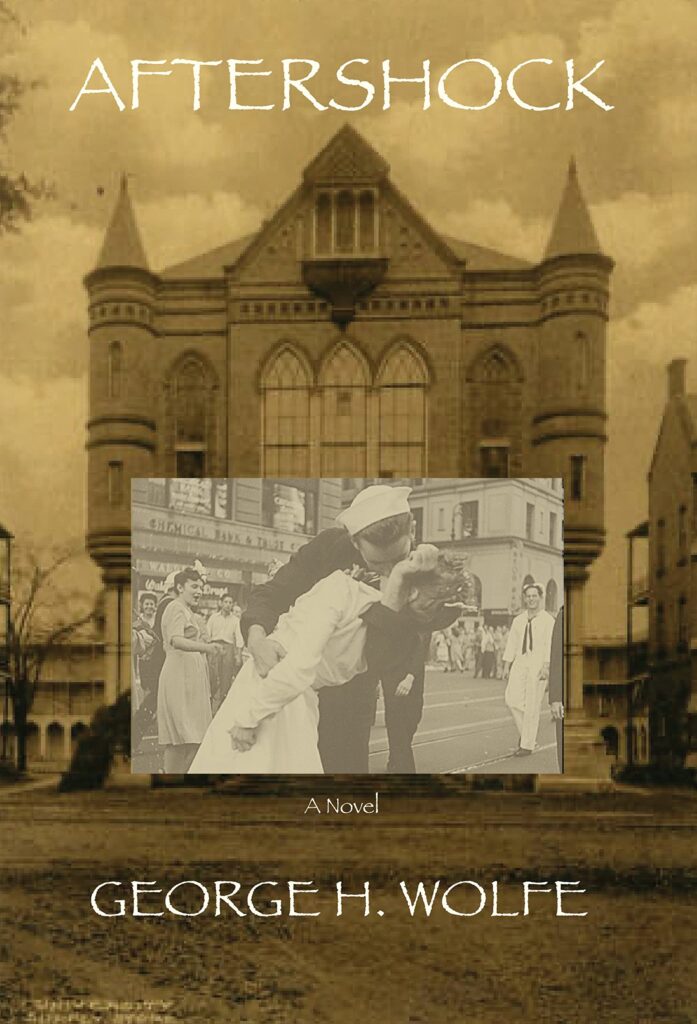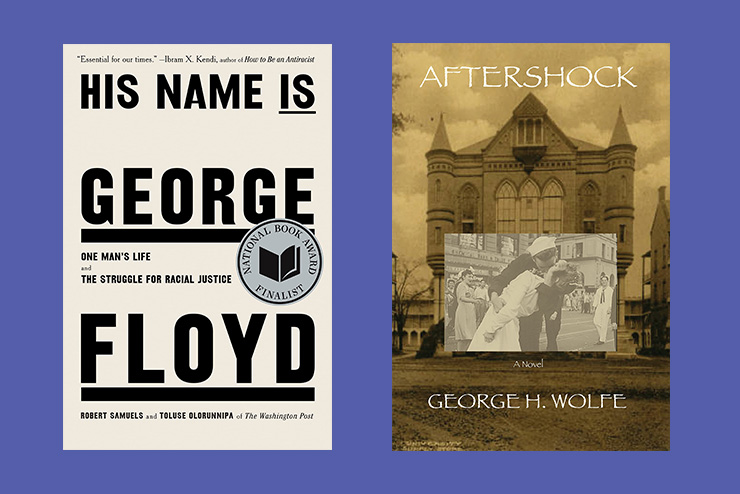
His Name Is George Floyd: One Man’s Life and the Struggle for Racial Justice, by Robert Samuels and Toluse Olorunnipa (Viking; 432 pp., $30.00). Calling this book, written by two Washington Post reporters, a sanctification of George Floyd is not an exaggeration. Right in the introduction, the authors declare that Floyd “changed the world” through his death at the hands of police officers in Minneapolis. Nancy Pelosi also laid the praise on thick. The authors quote her telling the Floyd family, “Beautiful George has given his life for justice, we all saw it.” PBS NewsHour had the authors read aloud from the book as if from scripture. A new savior was anointed. The whole scenario recalled the Broadway hit play “The Book of Mormon,” only without the music or the comedy.
Alas, notwithstanding the book’s subtitle, George Floyd’s life and the struggle for racial justice had nothing to do with each other. Floyd never attended any rallies, marched in protests, or wrote to his congressman. One wonders if he ever voted. Even the overly broad police-reform bill bearing his name went up in smoke—as did American cities as a result of his death. The whole miserable George Floyd spectacle left the country worse in many ways.
To be sure, the authors link Floyd’s struggles to ancestral slavery, crooked Southern whites, “underresourced schools,” and the disproportionate (though legitimate) incarceration of black males. But the undercurrent of this hagiography reveals that Floyd was never more than a drug addict, career criminal, deadbeat father, and societal parasite, who had a toxic effect on those he touched. Even his high school classmates, woeful as most of their characters were, expressed dismay at Floyd’s inability to benefit from many job opportunities that came his way. “I ain’t no better than nobody else,” Floyd would admit. In truth, he was much worse than most—and highly valued; Minneapolis forked over $27 million to his family as compensation for his death.
Underclass pathologies likely contributed to Floyd’s dysfunction. His father was not in the home and did not support his children. Violent crime and illegal drugs were ubiquitous in the Houston public housing projects where he grew up.
Ironically, Floyd’s great-great grandfather, a former slave, owned land and grew prosperous. Unlike Floyd, he married, produced 22 children, and lived to 80. George Floyd was born in 1973, after school desegregation ended and after Congress had passed civil-rights and fair-housing laws, to say nothing of the Great Society social safety net. He died a drug addict at 46. The authors claim that racism snuffed out Floyd’s life. The facts tell us a different story.
(Betsy Clarke)

Aftershock, by George H. Wolfe (Livingston Press; 392 pp., $30.95). The quality of American fiction in recent years has not exactly been stellar. Good fiction hasn’t ceased to be written, but all too often the best writers fail to find a publisher, or their work ends up in the hands of small presses with pint-sized budgets. That such small publishers have survived and sometimes thrived is due to the willingness of readers to look beyond what the mass market bestseller lists have on offer.
Aftershock is a mature and gripping tale free of postmodern posturing, populated by well-drawn and compelling characters, and driven by a plot focused on the fortunes of a World War II veteran.
Dante Larocca, a working-class, second-generation Italian-American, returns home after the war intent upon making a new life as an architect. He leaves behind New York City and a wife who betrayed him while he was pursuing Germans across France, heading south across the Mason-Dixon line into the alien wilds of Alabama. There, at the university in Tuscaloosa, he hopes to study architecture under famed professor Sidney Greene, who proves to be more antagonist than mentor. He finds a campus swarming with combat veterans like himself, and very quickly falls in with two ex-Marines and an ex-Navy lieutenant who suffers tragically from memories of a kamikaze attack on his destroyer. The escapades of these four men provide a good deal of comic relief throughout the novel.
Comic interludes aside, the story is a deeply moving account of Dante’s determination to overcome both the academic obstacles he faces as well as his own internal demons—especially the memories of the death of his best friend, an Alabama native who served with Dante in one of Patton’s divisions and died in his arms after a German attack left their tank in flames. Along the way Dante succumbs to the powerful allure of a young woman who is the daughter of an elite Alabama businessman. Having flown as a “Ferry Command” pilot during the war, she is now a daredevil crop duster but aspires to fly commercial airliners. Their relationship gets off to a rocky start but acquires impressive emotional depth as the tale unfolds.
While we hardly need more World War II novels, those dealing with the aftermath and the fortunes of returning GIs are rare. The author is himself a Navy veteran and has crafted his story with pungent humor and convincing detail. One hopes that Aftershock will not be his last.
(Jack Trotter)

Leave a Reply